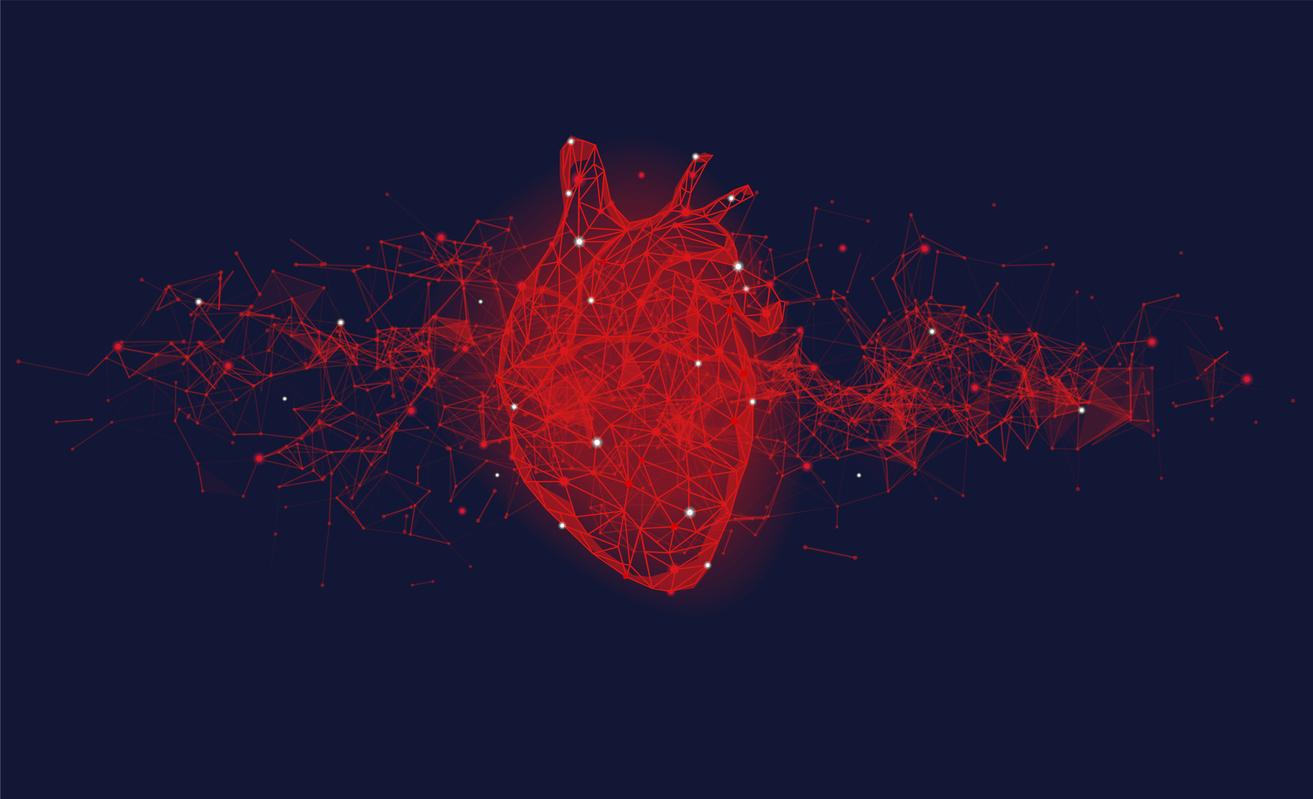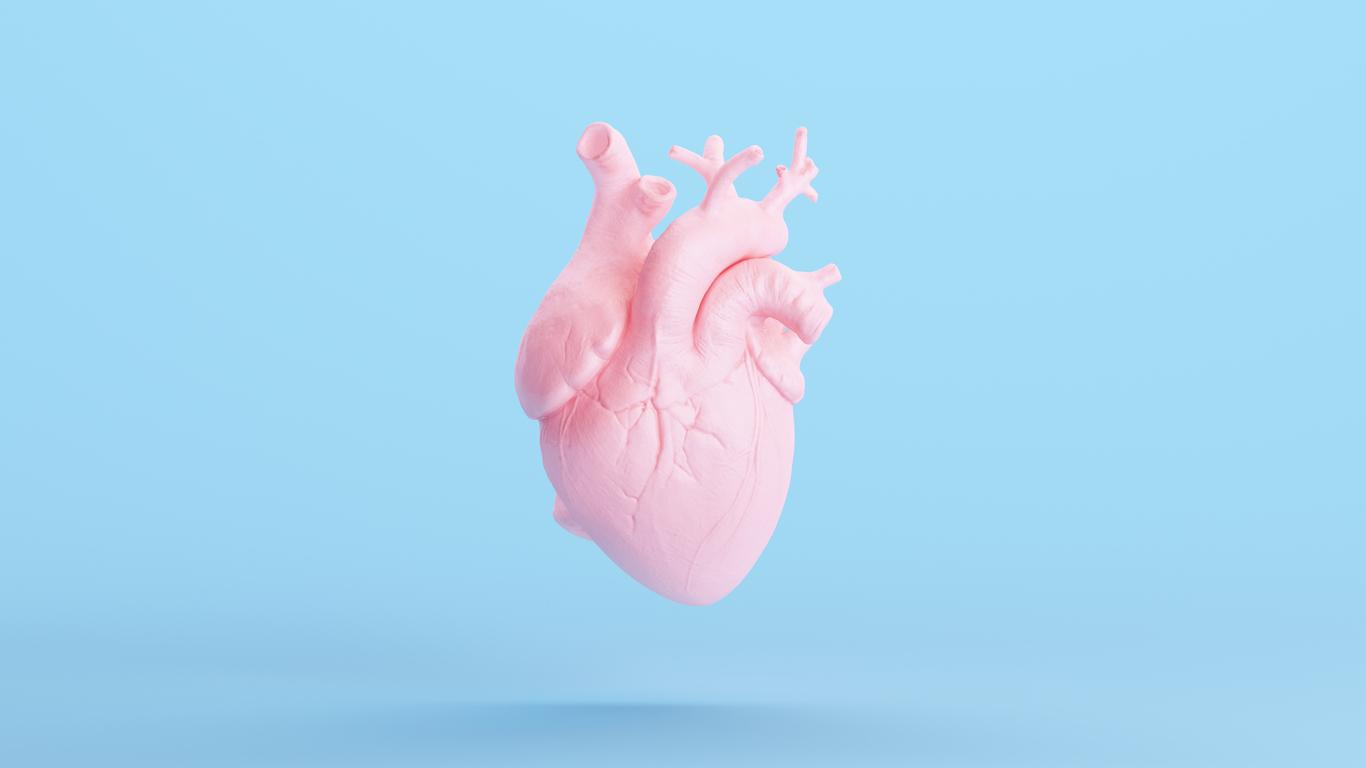Heart failure should be detected as early as possible. Shortness of breath, especially at night, can be one of the first symptoms of the disease.

 |
In partnership |
“Breathe your heart”. This is the slogan of the 2016 edition of the European Heart Failure Day. This chronic disease is still poorly understood by the general public, yet it affects a million people in France and nearly 15 million in Europe.
The progression of the disease can be slowed down by appropriate treatment and hygieno-dietetic measures. But a crucial point remains to make the diagnosis as soon as possible. And still too often, patients do not dare to talk to their doctor about signs they consider trivial, and which can sometimes be the first symptoms of the disease.
Shortness of breath is one of those all too often overlooked signs. Many people consider that a loss of respiratory capacity can be related to age. However, a difficulty in catching one’s breath which sets in suddenly or more gradually must be a warning signal. “It is common for patients to report feelings of suffocation, difficulty breathing, especially at night,” explains Arnault Galat, cardiologist at Henri-Mondor hospital (Créteil). The lying position can be particularly uncomfortable, and some patients have to sleep with their torso raised ”.
These breathing difficulties are due to the presence of fluid in the pulmonary alveoli. “In heart failure, the heart loses its ability to contract; it no longer performs its pump function correctly and the blood stagnates, explains Arnault Galat. This causes an increase in the pressures in the pulmonary system and plasma will pass inside the alveoli ”.
During “flare-ups” of heart failure, pulmonary edema can be resolved by diuretic treatment, but the goal is to limit these attacks. In addition to the treatment, regular and adapted physical activity, as well as a diet low in salt are effective aids.
.

















